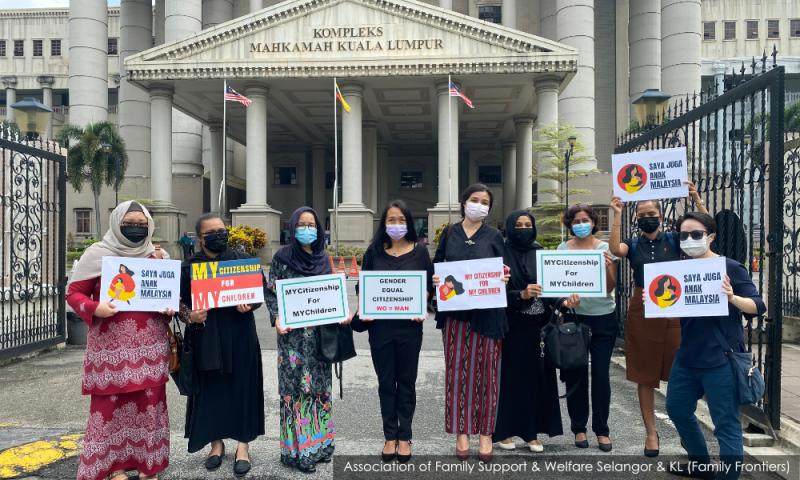LETTER | Ambiguity in public administration is bad
LETTER | I was thinking, in Malaysia, the authorities in general love to have more discretionary power. They want to make decisions not based on predetermined criteria, but on whims and fancies. They prefer “case-by-case” rather than criteria that apply across all cases.
Because of all this, we have often heard of abuse of power and injustices being inflicted upon citizens.
Rightly, ambiguities in the constitution or in any law should be made clear through amendments. Allowing the court to make a decision and then asking one of the parties not to appeal against the court decision is not the most suitable approach. We are allowing an issue to remain “unsettled”, which could be brought up again in the future.
I am referring to children born overseas to Malaysian mothers who do not automatically qualify to be Malaysian citizens. A recent court decision stated otherwise. The government intends to appeal against the decision. Many quarters, including influential people, are asking the government not to appeal.
Not appealing the decision, to me, is only a temporary reprieve. In the future, someone could always challenge the court’s decision again if the constitution and applicable laws have remained the same.
Having too much discretionary power conferred upon ministers or civil servants is bad for public administration. Whenever we can, most decisions should be “programmed”, i.e. we establish clear criteria for approval or rejection. In this way, there will be less favouritism, victimisation or corruption.
Recently, I read of the change of conditions to the MM2H programme. There are protests over this and I heard the government will now decide on a case-by-case basis. May I know what “case-by-case” is based on?
Similarly, I read another case where a woman was still sent to lockup after she settled bail. Why was she not released after settling bail? Who is supposed to make the decision and who is supposed to follow that decision?
The term “SOP” is heard so often nowadays. In a way, SOPs are a form of programmed decision, but the devil is in the details. If SOPs are not clear and not properly implemented, it is actually a hotbed of abuse, corruption, and victimisation.
Sometimes we do not care much about issues like these because we are not personally affected. But it is no fun if we are at the receiving end of ambiguous SOPs or arbitrary decisions.
The views expressed here are those of the author/contributor and do not necessarily represent the views of Malaysiakini.
RM12.50 / month
- Unlimited access to award-winning journalism
- Comment and share your opinions on all our articles
- Gift interesting stories to your friends
- Tax deductable
